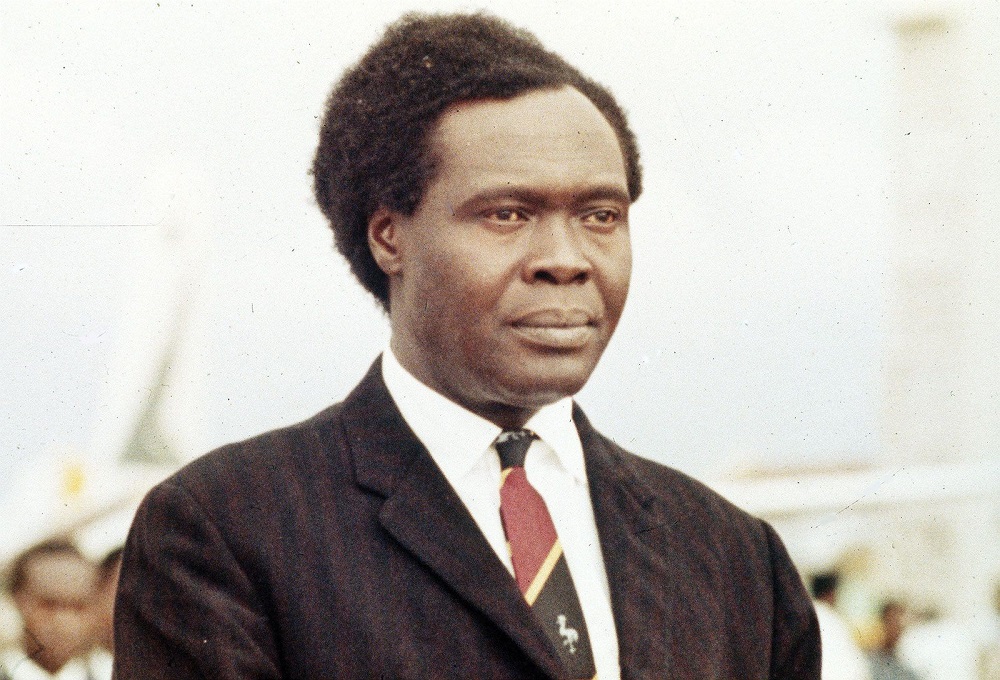By George Ofwono
A poignant open letter, penned by Joseph Ochieno, former chairperson of the UPC External Bureau – UK and aide to the late President Milton Obote, reflects on the state of Ugandan politics five years after his last correspondence with the former leader.
The letter, uses a 1980s-era NRA founding document to highlight what Ochieno sees as the inherent contradictions of the current regime under President Yoweri Museveni; a none accidental, monolithic, well-clothed as one-party, cum a military dictatorship with intent and purposes.
Ochieno recounts a historical meeting in London where anxieties regarding the British government’s potential reaction to the anti-Obote movement led to the adoption of a cautious name for their group: “UPC Discussion Group-UK”. He then contrasts this with the brazen objectives outlined in the NRA’s “Aims of the Revolution” document, which detailed the forceful overthrow of Obote’s government and the establishment of a one-party state under the NRM, indeed as achieved.
The letter meticulously dissects the document’s sections on ideology, social policy, and the propagation of the “revolution”. Ochieno notes the document’s assertion that democracy would be defined solely by the NRM and the NRA High Command, and that social policies would be determined and enforced by the military wing. He highlights the involvement of soldiers in the national agricultural program (“Naads”) as an example of this military control extending into civilian life, a cryptic satire but fact.
Ochieno points to the use of Kyankwanzi—initially a political education school and later a site for military training—as a key symbol of the NRM’s power. He cites an anecdote of a “girl cadre” pleading with Museveni to remain in power permanently, now a junior minister. He contrasts this with what he perceives as a lack of similar dynamism and internal cohesion within the UPC.
The letter touches upon the reconciliation between Museveni and Bazilio Olara Okello, as well as the establishment of a Janani Luwum Day, prompting speculation about future commemorations for other victims of the regime. Ochieno expresses concern over the lack of internal democratic processes within the UPC, citing breaches of its constitution and the infrequent convening of its key bodies.
The author concludes by lamenting the apparent lack of strong opposition forces within Uganda, questioning whether the failure to heed the advice of Obote and Ignatius Musaazi, founding UPC leaders, contributed to this.
He observes the recycling of figures like Jim Muhwezi within the NRM and expresses concern over the reliance on the President’s children and associates. Ochieno ultimately concludes that despite its internal challenges, the UPC remains the best hope for the future of Ugandan democracy. He remains convinced that, despite its internal challenges, the UPC represents Uganda’s best hope for the future.
Send us your story or opinion on: dailyexpressug@gmail.com. You can also follow Daily Express on WhatsApp for all the latest news and updates.


